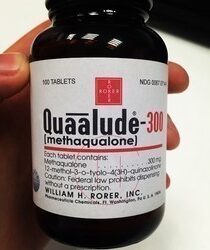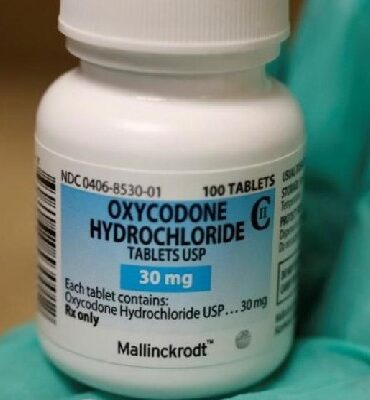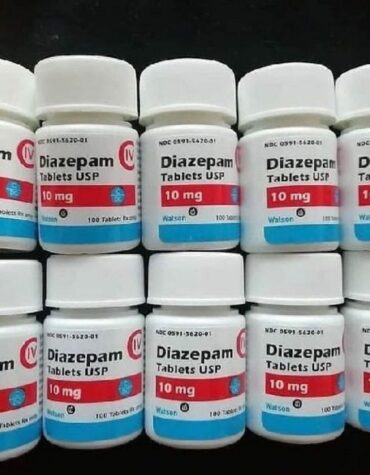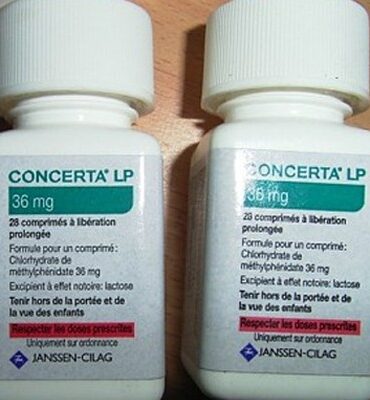- You have no items in your shopping cart
- Continue Shopping
Ritalin, containing the active ingredient methylphenidate, is a prescription medication commonly used to treat Attention Deficit Hyperactivity Disorder (ADHD) and narcolepsy. Available in a 20 mg dosage, Ritalin works as a central nervous system stimulant, helping to improve focus, attention, and impulse control in individuals with ADHD.
Benefits
- Enhanced Focus and Attention: Ritalin helps individuals with ADHD to concentrate better on tasks, increasing productivity and academic performance.
- Improved Behavioral Control: It aids in reducing hyperactive and impulsive behaviors, contributing to better social interactions and reduced disruptive behavior.
- Increased Alertness: For individuals with narcolepsy, Ritalin helps to maintain wakefulness during the day, preventing sudden sleep attacks.
- Quick Onset of Action: Ritalin typically begins to work within 30 to 60 minutes, providing fast relief from symptoms.
- Improved Quality of Life: By effectively managing ADHD and narcolepsy symptoms, Ritalin can enhance the overall quality of life, aiding in personal, academic, and professional development.
Side Effects
- Common Side Effects: Appetite loss, dry mouth, insomnia, headaches, and stomach pain are among the most commonly reported side effects.
- Cardiovascular Effects: Increased heart rate and blood pressure can occur, necessitating regular monitoring, especially in individuals with pre-existing heart conditions.
- Mental Health Effects: Some users may experience anxiety, nervousness, or mood swings. In rare cases, more severe psychiatric symptoms such as hallucinations or mania can occur.
- Growth Suppression: In children, long-term use can potentially affect growth rates, requiring careful monitoring by healthcare providers.
- Dependency and Abuse Potential: As a stimulant, Ritalin has the potential for abuse and dependency, particularly in individuals with a history of substance abuse.
Important Considerations
- Prescription Use Only: Ritalin should only be used under the guidance of a healthcare provider and with a valid prescription.
- Dosage Management: It is crucial to follow the prescribed dosage and not to adjust the dose without consulting a healthcare provider to avoid adverse effects and potential misuse.
- Regular Monitoring: Periodic evaluations by a healthcare provider are essential to monitor the medication’s effectiveness and adjust the dosage as needed.
- Avoid Alcohol and Certain Medications: Alcohol and certain other medications can interact with Ritalin, increasing the risk of side effects. Always inform your healthcare provider of all medications and supplements being taken.
- Not for Everyone: Ritalin may not be suitable for individuals with certain medical conditions, such as severe anxiety, tics, or glaucoma. A thorough medical evaluation is necessary before starting the medication.
Conclusion
Ritalin 20 mg is an effective medication for managing ADHD and narcolepsy, offering benefits such as enhanced focus, improved behavioral control, and increased alertness. While it provides significant advantages, it is essential to use Ritalin responsibly and under medical supervision to minimize the risk of side effects and ensure optimal treatment outcomes.
Disclaimer: This description is for informational purposes only and does not replace professional medical advice. Always consult with a healthcare provider before starting any new medication.
You Might Also Like These:
Product Recently View
You have not recently viewed item.














Customer reviews
Reviews
There are no reviews yet.
Write a customer review